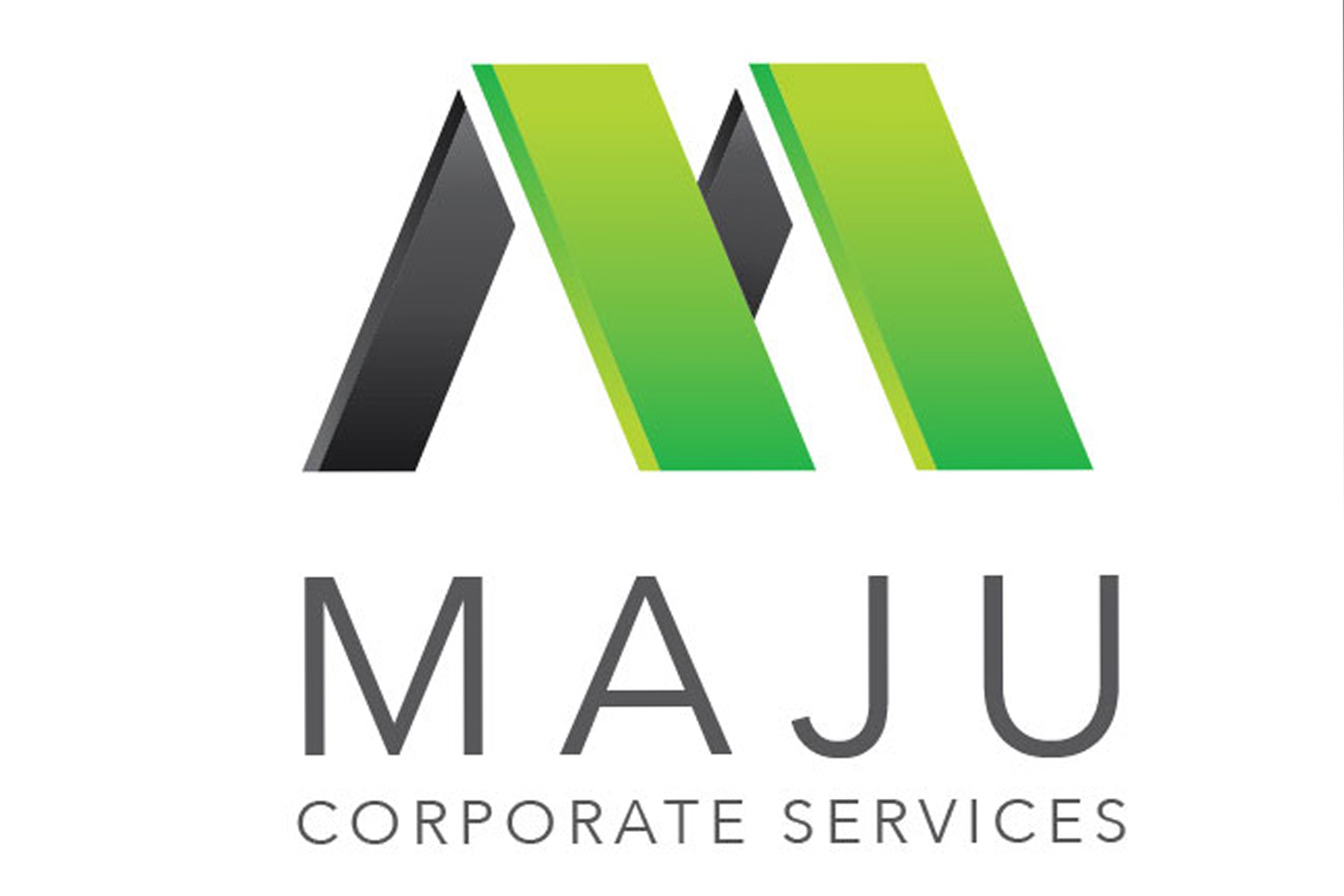The Supplementary Retirement Scheme (SRS) is a voluntary savings program introduced by the Singapore government to encourage individuals to save for retirement. It offers tax benefits and serves as an additional tool to help maximize your retirement savings. Here’s how you can use the SRS account to maximize your retirement in Singapore:
- Eligibility and Account Opening: Ensure that you meet the eligibility criteria for opening an SRS account. Singapore citizens, Permanent Residents, and foreigners with a valid employment pass or work permit are eligible. You can open an SRS account with any of the three local banks in Singapore: DBS Bank, OCBC Bank, or UOB.
- Contribution Limit: Familiarize yourself with the annual contribution limit. As of my knowledge cutoff in September 2021, the limit is set at S$15,300 for Singapore citizens and permanent residents and S$35,700 for foreigners. The contribution limit is subject to change, so it’s essential to check the latest updates from the SRS website or relevant authorities.
- Tax Benefits: Contributions made to the SRS account are eligible for tax relief. The amount contributed can be deducted from your taxable income, reducing your overall tax liability. However, it’s important to note that withdrawals from the SRS account in the future will be subject to income tax.
- Investment Opportunities: Once you have funds in your SRS account, you can invest them in various financial instruments such as stocks, bonds, unit trusts, and other approved investments. The potential returns from these investments can help grow your retirement savings over time. However, it’s crucial to consider your risk tolerance and seek professional advice when making investment decisions.
- Withdrawal Age and Penalty: The SRS is designed to be a long-term retirement savings plan. You can start making withdrawals from your SRS account from the statutory retirement age (currently set at 62 years old in Singapore) onwards. However, if you withdraw your savings before the retirement age, a penalty will be imposed, and the withdrawal amount will be subject to tax.
- Managing Withdrawals: Plan your SRS withdrawals strategically to optimize the tax impact. By withdrawing smaller amounts annually after the retirement age, you can potentially manage your tax bracket and minimize the tax payable on the withdrawals.
- Estate Planning: Consider the implications of the SRS account on your estate planning. Upon your demise, the remaining balance in your SRS account will be subject to a 5% penalty if the nominee(s) are not your spouse or children. Understanding the rules and regulations related to estate planning can help you make informed decisions.
- Regular Review: Keep track of your SRS contributions, investment performance, and tax planning strategies. Regularly review your retirement goals, adjust your contributions if necessary, and evaluate your investment portfolio to ensure that you are on track to maximize your retirement savings.
It’s important to note that the above information is based on my knowledge cutoff in September 2021. The rules and regulations surrounding the SRS program may have been updated since then. It’s always recommended to visit the official SRS website or consult a financial advisor for the most up-to-date and personalized information regarding the Supplementary Retirement Scheme

